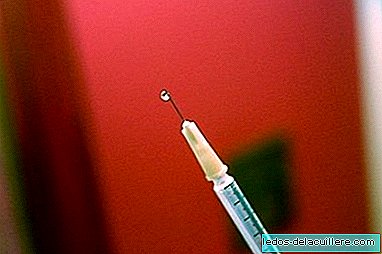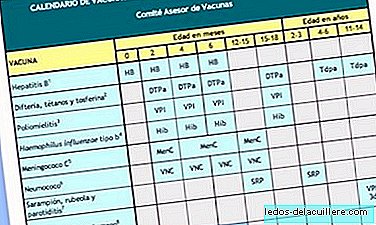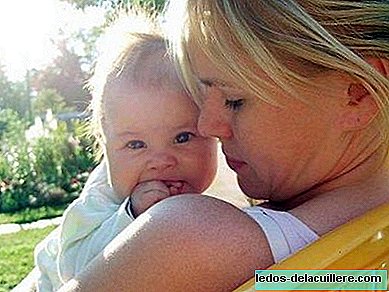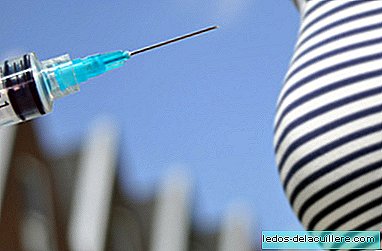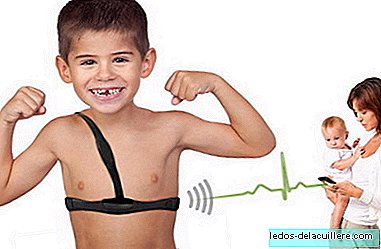
One of the fears that parents of epileptic children have or suffer from a disease that causes seizures, is that their child suffers an attack when they are not present or do not realize that they are suffering. The same fear he has Barbara Kroner, an epidemiologist at RTI International, a research institute in North Carolina.
His daughter Ellie is 14 years old and suffers a rare disease that causes constant attacks, has already suffered more than 15,000 during his short life. So Barbara contacted her institute colleagues to develop a device that alerts you when your daughter has seizures.
Barbara did not understand how in a world full of smartphones and a multitude of electronic devices capable of carrying out all kinds of measurements and monitoring of human biorhythms, there was no one who could tell when a seizure was occurring. How was it possible that there was nothing that could tell him when his daughter was having a seizure during the night?
She was very clear that something simple could be designed and that it could help the almost 2 million people, including almost 400,000 children suffering from some type of epilepsy today in the United States. So he contacted his colleagues at the RTI institute and began designing a portable device capable of sending a text message, to the device indicated, warning that an epileptic attack is occurring.
The RTI seizure alert system could have a substantial and measurable impact on the world of epilepsy by decreasing the number of seizure-related injuries and deaths, improving quality of life and increasing the independence of patients and their caregivers, he said. Kroner
The project is being funded by the National Institute of Health and Kroner hopes it can be released in less than three years. The device consists of a system of sensors that stick to the body and measure heart rate, respiration and body orientation. The most important thing is that it could help reduce the SUDEP rate - sudden unexplained death in epilepsy - by sending these alerts to caregivers and thus being able to take urgent measures in a much more effective way.
It is expected that more than 90 million mobile devices will be sold this year (eye, here we do not include mobile phones), such as smartwatch and similar ones aimed at health, sports and physical activity meters. It seems that little by little we can orient the new technologies to create personal devices and with affordable prices that help us in our day to day and can allow parents and children affected by different diseases to lead a more normal life.





